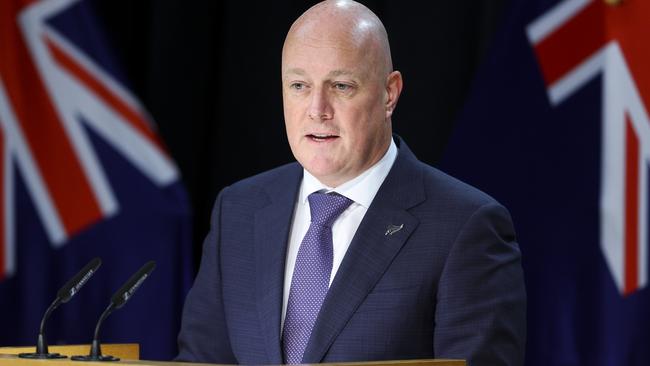
Bush’s reversal on his tax pledge is a classic example of a politician adapting to changed circumstances. Or as Konrad Adenauer, the legendary German Chancellor, once quipped, “What do I care about my silly talk from yesterday?”
Politicians need a bit of flexibility when past promises no longer align with current realities. This is particularly true when economic conditions have shifted.
This brings us to the challenge facing New Zealand Prime Minister Christopher Luxon. During last year’s election campaign, Luxon promised significant tax relief. His finance spokesperson, now Minister of Finance, Nicola Willis, even pledged to resign if she could not deliver the promised tax cuts.
But since then, New Zealand’s economic situation has taken a turn for the worse. The government’s books are under pressure, with expenditure having risen sharply in recent years and public debt reaching worrying levels.
The government’s fiscal position has deteriorated in a relatively short period. The economy has tanked, and inflation is still running way too high for comfort. In short: New Zealand is mired in stagflation.
The New Zealand government now faces the urgent task of getting public finances back on track. The first step is to curb spending. Tax cuts at this juncture would only make the necessary fiscal consolidation more challenging. They would complicate efforts to bring inflation under control.
Luxon must therefore choose between restoring fiscal discipline and delivering on an election promise. In considering this choice, he could learn from British history.
Margaret Thatcher, who took office in 1979, faced a situation not unlike the one confronting Luxon today. The British economy then was also struggling with high inflation, rising interest rates, and a ballooning budget deficit.
Thatcher was an economic liberal, of course, who loved nothing more than low taxes. However, her priority was fiscal consolidation. She did cut some taxes, particularly the top rate of income tax. But these cuts were offset by increases in other taxes to avoid adding to inflationary pressures.
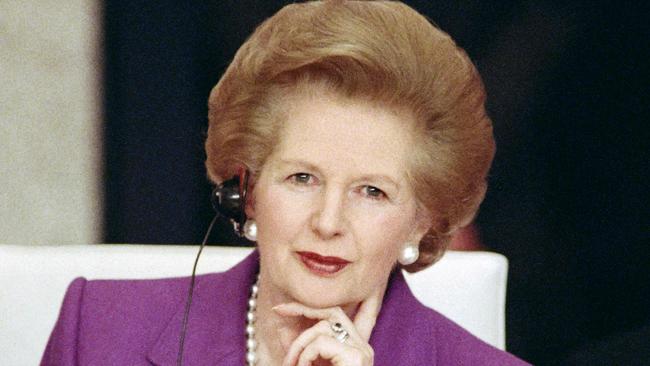
Thatcher’s primary focus was on getting the nation’s finances in order. She achieved that, while also implementing micro-economic reforms which revived the British economy.
In contrast, Liz Truss, another Conservative prime minister who took office in 2022, opted for a reckless and ideological approach. She attempted to implement massive tax cuts in her so-called mini budget without corresponding spending reductions.
Truss’ gamble triggered a sharp reaction from financial markets. Government bond yields soared, the pound plummeted, and the Bank of England had to intervene to stabilise the situation. The political fallout was severe, too, with Truss forced to resign after just 44 days in office. Truss, who considered herself a Thatcherite, failed because she did not follow her role model in prioritising solid public finances.
The lesson for Luxon is clear: in tough economic times, responsible leadership means making difficult decisions in the best interests of the country, even if they may not be politically convenient.
With New Zealand’s inflation still running at around 5 per cent and the economy operating near capacity, a fiscal stimulus in the form of tax cuts risks exacerbating inflationary pressures. As the Truss debacle demonstrates, attempting to stimulate the economy with borrowed money in a supply-constrained, inflationary environment can be disastrous.
Tax cuts may not be the top priority for most New Zealanders anyway. Instead, the Luxon government could consider redirecting its efforts towards boosting economic growth and addressing the cost-of-living crisis. This would involve finding savings to improve the government’s fiscal position pursuing economic reforms to enhance productivity, removing barriers to growth, and setting New Zealand on a more sustainable economic trajectory.
The recent IMF report on New Zealand’s economy lends weight to the case for a rethink on tax cuts.
The IMF, not always a cheerleader for fiscal consolidation, has cautioned against an overly expansionary fiscal policy. Their experts have warned that tax cuts could fuel inflation if not carefully designed and fully offset by spending reductions.
New Zealand’s current economic predicament – now in a technical recession, with the December quarter’s GDP growth at -0.1 per cent – only underscores the need for a prudent and balanced approach. Per capita output has declined sharply, and inflation is still troublingly high. The focus should therefore be on boosting productivity and implementing growth-enhancing reforms, not on fiscal stimulus or tax cuts.
For Luxon, the challenge is to articulate a compelling case for a change of direction, explaining why the economic realities necessitate a reconsideration of past commitments. He must also chart a credible path forward – one that acknowledges the need for fiscal responsibility in the short term.
He can hold out the prospect of responsible tax relief in the future when economic conditions permit.
Ultimately, Luxon’s first task is to stabilise the New Zealand economy. By focusing on fiscal discipline and structural reforms, he can lay the foundation for a stronger, more resilient economy. That would be the equivalent of what Margaret Thatcher did in the 1980s.
This approach would also spare Luxon the fate of George H. W. Bush, who lost his re-election bid in 1992 against Bill Clinton. Bush’s broken tax promise was a major factor in his defeat; voters had neither forgiven nor forgotten – and Bush had not sufficiently explained his change of mind.
If Luxon can navigate this difficult terrain successfully, he will have demonstrated the kind of leadership that New Zealand needs at this critical juncture – and avoid the fate of both Liz Truss and George H. W. Bush.
Managing that would not, on its own, make Luxon New Zealand’s new Margaret Thatcher. But it would give him a good platform for re-election in 2026.
At that stage, Luxon might even credibly campaign on delivering some tax cuts New Zealand will be able to afford.
Dr Oliver Hartwich is the Executive Director of The New Zealand Initiative
(www.nzinitiative.org.nz).


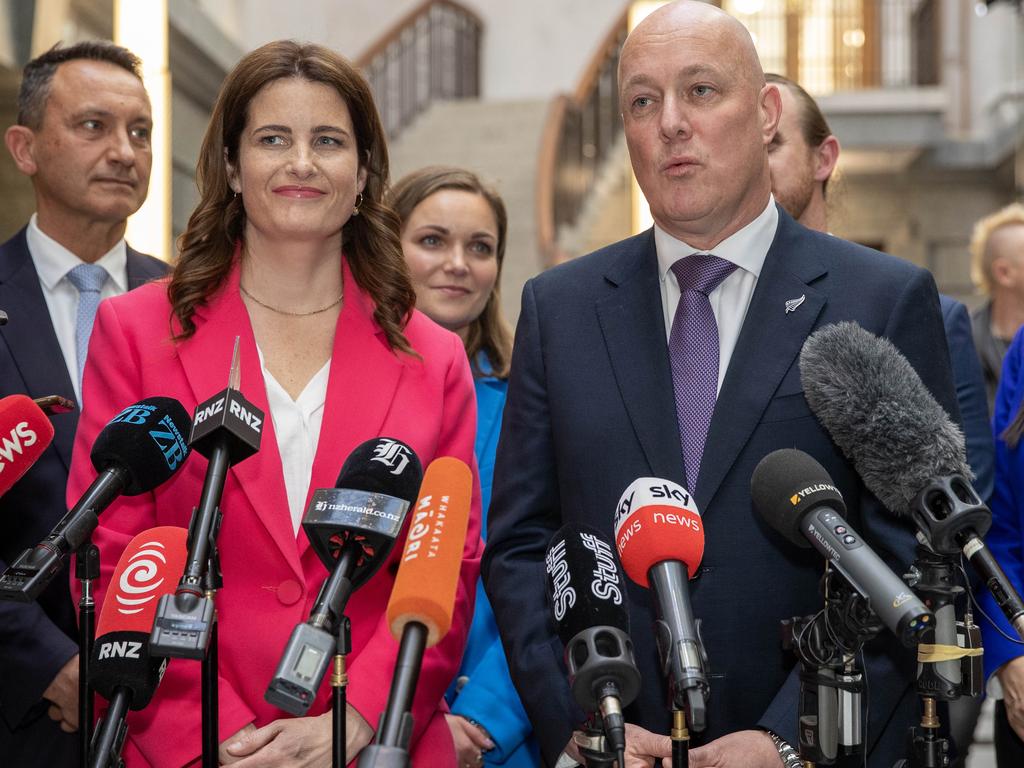
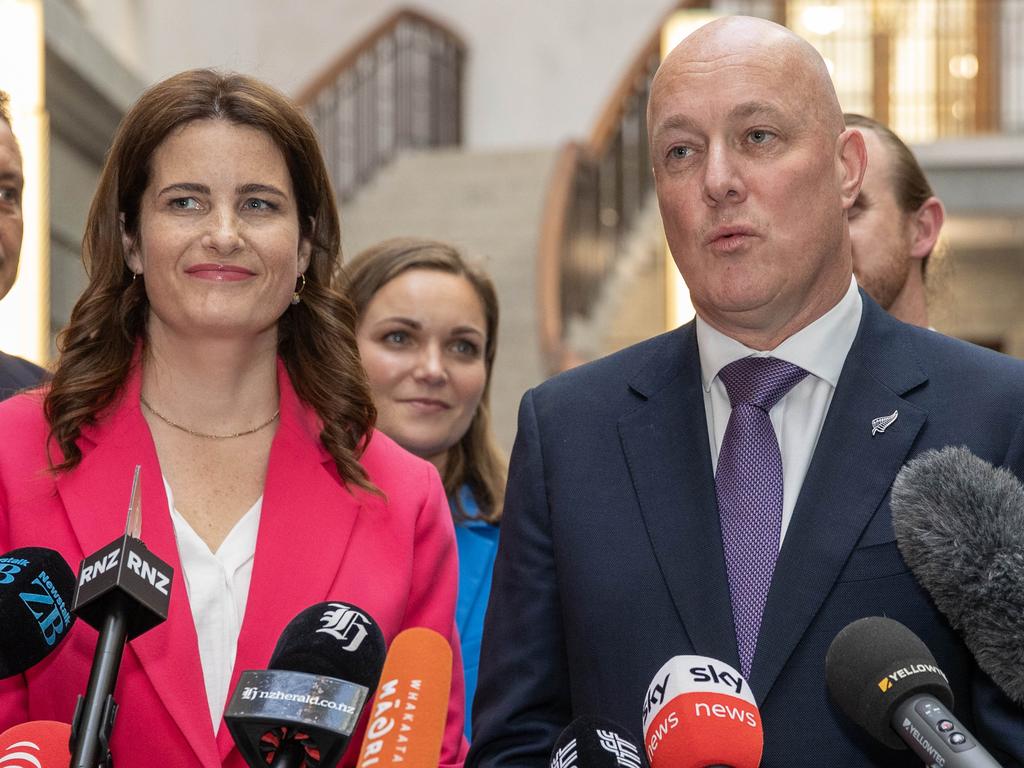
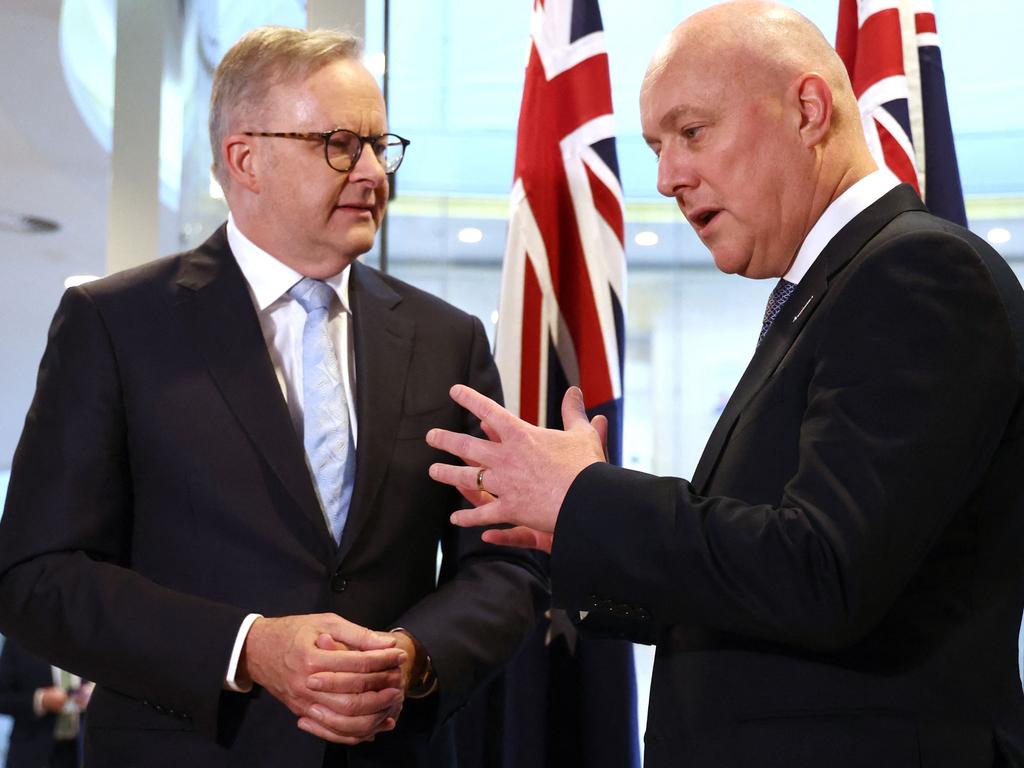
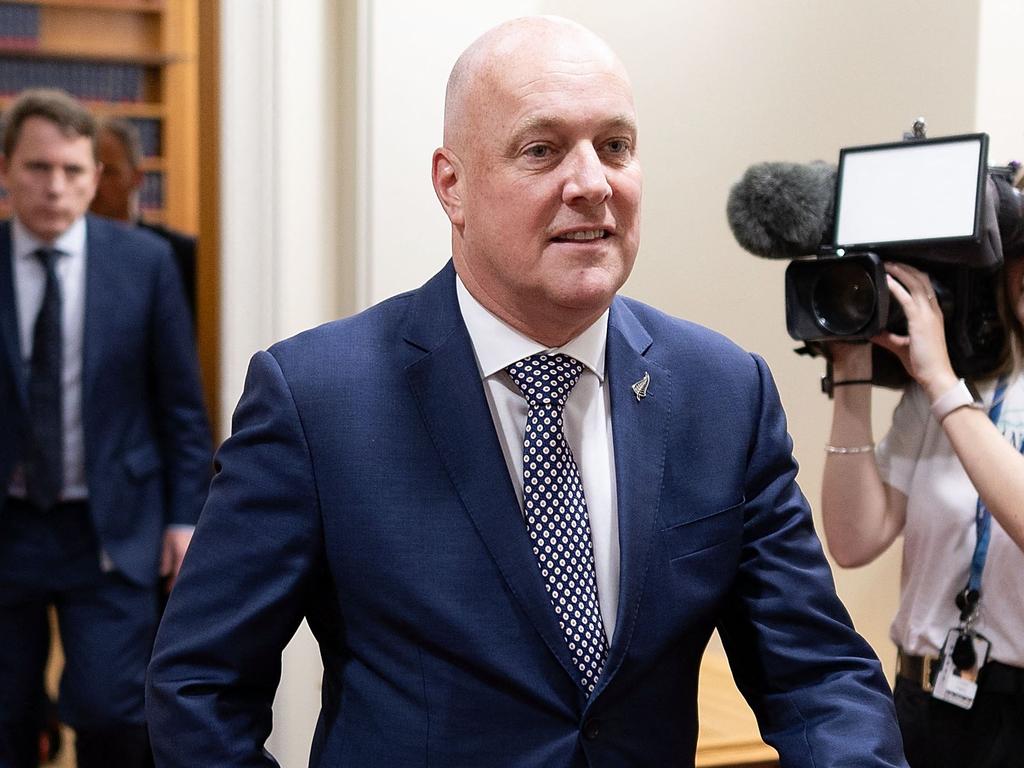


“Read my lips: No new taxes.” These were the famous words uttered by George H. W. Bush during his 1988 U.S. presidential campaign. Yet, just two years later, he agreed to a budget deal that raised several taxes as part of a deficit-reduction package. It crushed his reputation.